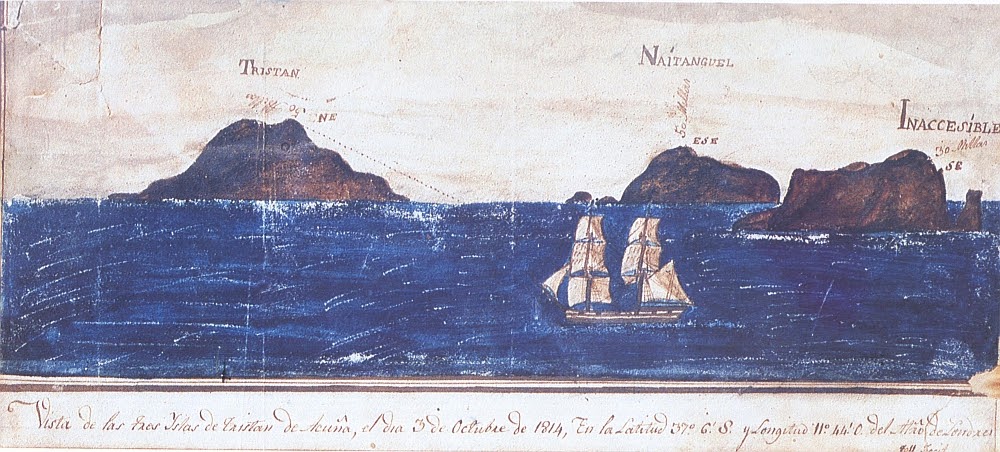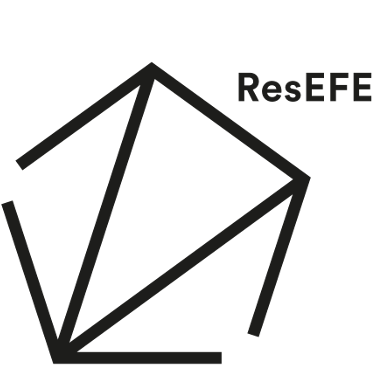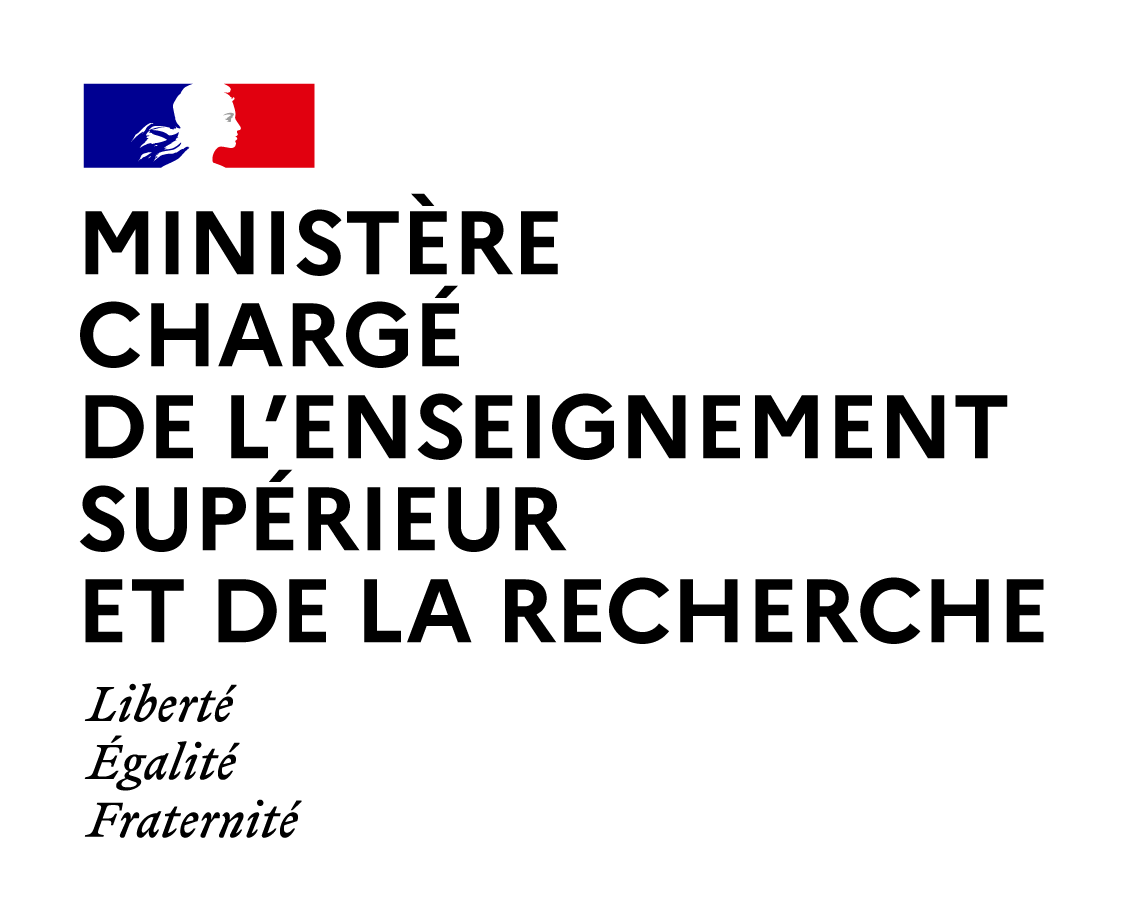
Axes and objectives
Axes
Three cross-cutting and related themes will serve as common axes of research for programme members: territories, resources and island knowledge.
Territories - The first part of the study will focus on the construction of island territorial regimes. The territorialisation of islands implies the organisation and exploitation of their resources, which are also part of a history of appropriation and gradual integration into political and administrative realities that go beyond them. The chosen study areas (the archipelagos of the Malvinas, Cuba, the Canary Islands and the Philippines) will make it possible to study and compare, in the long term - and including a colonial and imperial dimension - the forms of appropriation of the coasts and maritime spaces. The aim is to test the specificity of island environments in order to understand whether these appropriation mechanisms are the result of specific territorialisation processes. Similarly, island territories facing appropriation by larger entities ("continental" states, empires, etc.) have often been characterised as remote or small margins, both close to and distant from centres of power. They are at once outposts, territories of refuge, relegation or intertwined activities juxtaposed with uses of the sea whose history is largely unwritten. It is by anchoring our approach in the legal and social history of the sea, sensitive to the spaces inhabited and used, that this project can shed light on phenomena as diverse as maritime traffic, fishing activities or the forms of sociability of maritime populations.
Resources - Because island environments are inseparably land and sea-based, the interest of a historical investigation of island resources lies in the fact that it analyses together natural resources that historiography usually treats in a compartmentalised way: land, water, timber and animals (hunting and fishing), but also minerals, sand and hydrocarbons, for example. It is necessary to carefully contextualise the availability of these products and to situate their exploitation, marketing and consumption within the framework of colonial or national economies, in order to problematise the very notion of "resources" as closely as possible to our documentation, particularly in terms of a social history attentive to vernacular knowledge. Three main areas of research will be explored here. The question of scarcity, ecological limits and risks of scarcity, which is often a characteristic of island environments according to specialists, will provide a first reflection on the institutions regulating access, use and appropriation of these resources in an island context. This will have to be linked to an investigation of the typology and specialisation of islands, which will be considered here as points of passage. Finally, we will focus on the forms of exploitation of the different resources and the forms of work organisation they produce, in order to identify the social, technical and environmental particularities in the long term and within areas marked by profound changes.
Knowledge - Examining how island environments are governed means that research must also focus on the knowledge that is produced, instituted, disseminated and mobilised in the process of territorialising these island environments. In this last area, it is a matter of considering together, and in the long term, the knowledge of island territorial governance, ecological knowledge and the governance of resources, as well as knowledge linked to the production of regulations, in order to capture the processes of construction, transmission and patrimonialisation of specifically island knowledge. Whether it is academic, lay or administrative knowledge, we will examine the extent to which the production of knowledge about island spaces and their resources, sometimes considered heterogeneous or even contradictory, is also part of the same process of progressive transfer of know-how from professionals to legislators, from islanders to settlers, from experience to expertise.
Objectives
The aim of this programme is to investigate the forms of management and patrimonialisation of island resources and populations, the forms of their representation (cartographic, iconographic, literary, artistic), the implementation of the administration of these territories, the legal frameworks of their exploitation, the conflicts of competition between institutions as well as arbitration at different scales (local, regional, imperial and international). Behind the notion of "island governance" is anchored a historiographical practice of the study of maritime spaces but also of the relations between sea and land, presenting the particular challenges linked to their own singularities.


